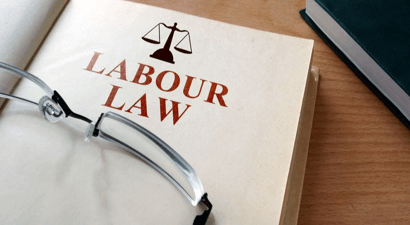Social Media Tuesdays - '#racistrantonvideo' by Verlie Oosthuizen Head of Social Media Law
Almost every mobile telephone has a camera these days and you never know who may see and film you behaving at your very worst. The racist rant of a white Johannesburg resident was captured by an amateur cameraman shortly after the woman allegedly fell victim to a “smash and grab” in her vehicle. eNCA released the video on Friday 17 June 2016 (some two months after the video was shot) showing the women using derogatory and hateful speech about black people, not once, but numerous times in public as well as directly to a black police officer. The women concerned, one Vicky Momberg, has according to media reports, been charged with crimen injuria, which is the crime of unlawfully and intentionally impairing the dignity of another person, namely the black police officer.
But what about the amateur cameraman who captured the sordid scene on film? Was s/he entitled to record the incident? And was eNCA unfair in their treatment of Momberg by publishing the video when she had clearly not consented to the filming at the time? Was the privacy and dignity of Momberg herself infringed?
Both the right to privacy and dignity are constitutionally protected. However, these rights are not absolute and may be limited in certain instances. The fact that the outburst occurred in public, at the roadside, in front of a number of people would eat away at Momberg’s rights to privacy and dignity as she was behaving in an appalling manner in a public space. Furthermore, with her abusive language towards the police officer, she had impaired his dignity severely and would not be in a strong position to complain about her dignity being infringed. The fact that the material is “true and in the public interest” would be a defence to a claim of defamation. In short, do not let your appalling behaviour in public become a news headline.





